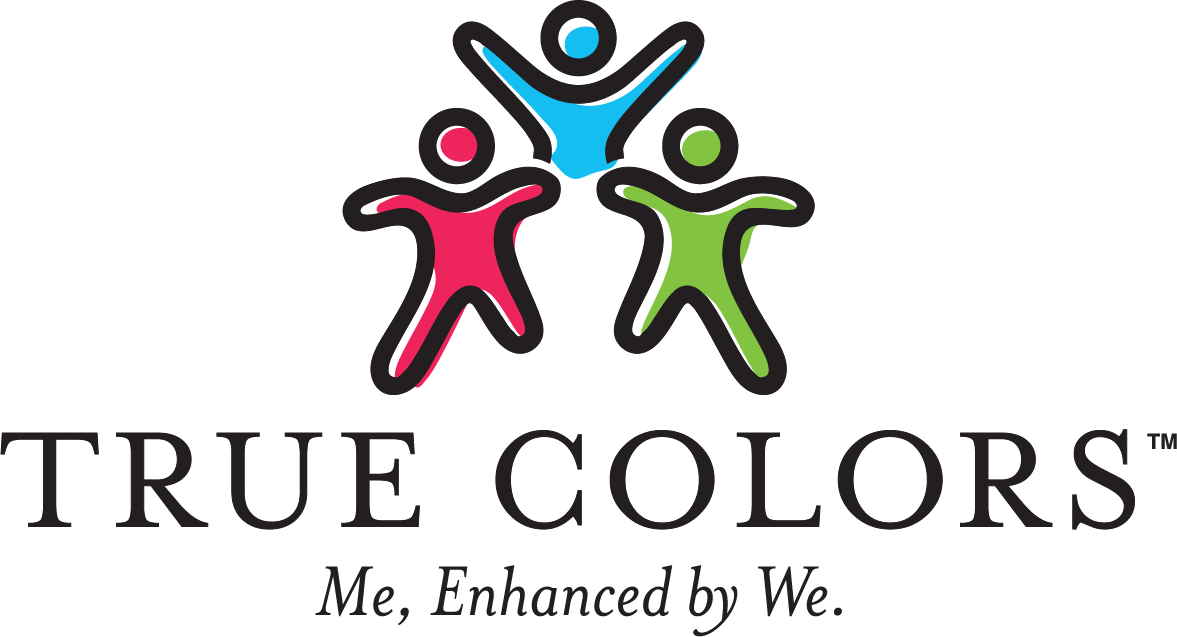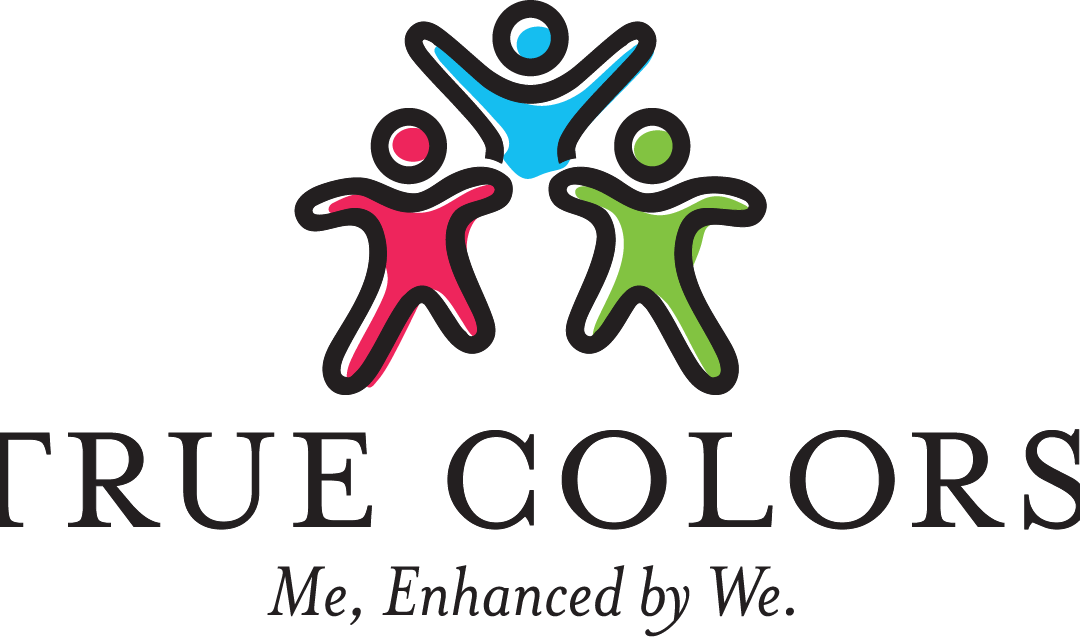Todd Mealy, who is white, was 12 years old and grooving to the music at a football game with his black friends when an older white man approached him and spoke derogatorily of Mealy’s involvement with them. The encounter upset Mealy, robbing the event of its joy.
Other incidents would upset the joy of racial diversity in Mealy’s life. At age 6, Mealy moved with his family to Harrisburg from Bradford County, and as he matured, Mealy observed that his lived experiences were different than his black friends’. Additionally, his adopted sister, who is Korean, went through a racial identity crisis when she was about 18 years old.
“It was a colorblind household,” Mealy said. “The idea was colorblindness should be enough. We know in hindsight that colorblindness (doesn’t go) far enough.”
As a result, during his career as a social studies teacher – most recently at Penn Manor High School – Mealy has positioned himself as an education critic and an equity advocate in schools even though some people have raised an eyebrow at his work.
To help other teachers address issues related to race and diversity, Mealy published “Race Conscious Pedagogy: Disrupting Racism at Majority White Schools” in November 2020. He also founded the Equity Institute for Race Conscious Pedagogy, which launched in early 2020. Additionally, Mealy resigned from coaching high school football after the 2019 season so he could focus on race consciousness work.
Mealy noted that academic classes that explore issues of race may increase attendance, improve grades, and keep students engaged. By teaching empathy and critical thinking, which students could immediately apply to their relationships with their peers, he shared that such classes can a positive impact on schools and communities.
The vision for the Equity Institute is to aid clients in creating race-conscious environments, which can include schools, corporations, and churches. The institute offers professional development workshops tailored to the needs of its clients and provides curriculum writing and consulting at all levels from kindergarten through college. Current clients are located in New York, Maryland, Pennsylvania, Illinois, and Missouri. The institute also sponsors research, with an internship program for high school and college students who conduct research-based projects, and it is engaged in publishing. Mealy and a colleague are editing two books that include submissions by 55 authors that will be released in the next two years.
“Race Conscious Pedagogy” is Mealy’s seventh book. His eighth is set for release this fall.
For more information, readers may visit http://www.raceconsciouspedagogy.org or email mealy@raceconsciouspedagogy.org.


Recent Comments